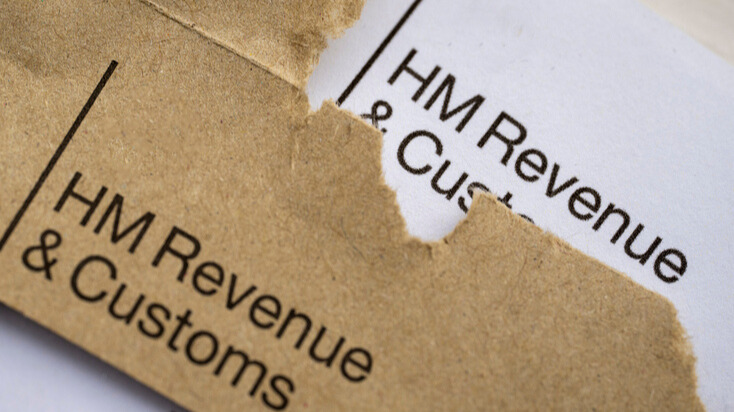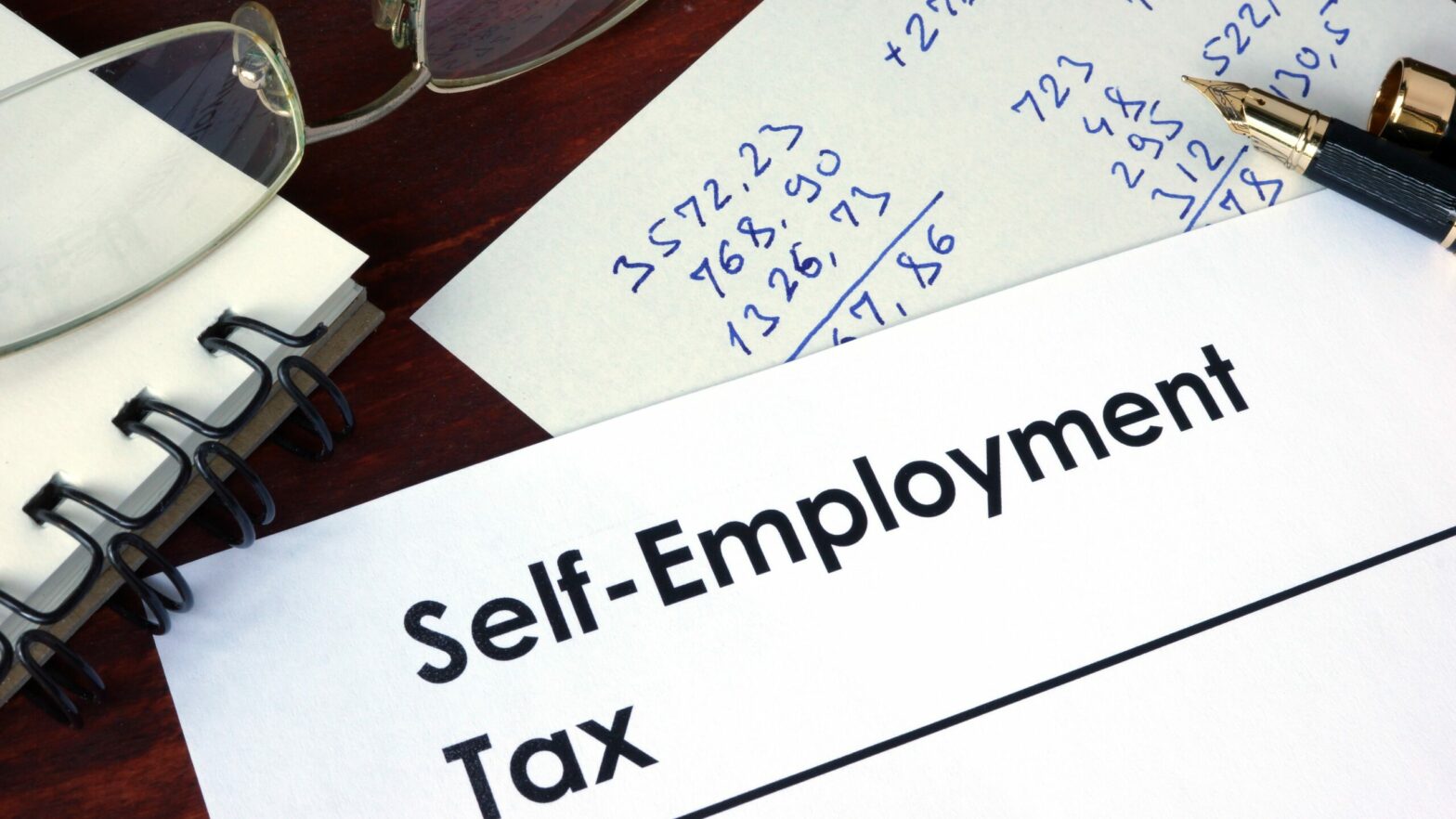What is an R&D credit?
Research and development (R&D) tax credits are a government incentive designed to reward UK companies for investing in innovation. They are a valuable source of cash for business to invest in accelerating their R&D, hiring new talent, and ultimately transform your business. The government benefits from increased productivity which impacts the economy and can effect positive change on a global scale. The businesses over the last 20 years have claimed approximately £33bn.
Businesses that spend money developing new products, processes, or services, or enhancing existing processes are eligible for R&D tax relief. If you are spending money on innovation, you can make an R&D tax credit claim to receive either a cash payment or corporation tax reduction. The scope of qualifying R&D is huge – in fact, it exists in every single sector. If you are making a claim for the first time, you can claim R&D tax relief for your previous two completed accounting periods.
What qualifies for R&D tax credits?
From agriculture to construction to fintech, all sectors that have the scope for research and development are eligible to claim tax credits. The UK government’s R&D criteria are extensive. Irrespective of the size or sector of a company, if your company is taking a risk by attempting to resolve scientific or technological uncertainties within the field then you may be carrying out qualifying activity.
The project must relate to your company’s trade – either an existing one, or one that you intend to start up based on the results of the R&D. Your innovation project must aim to create an advancement in the overall field, not just for your business, which means an advance cannot just be an existing technology that has been used for the first time in your sector. However, the process, product or service can still be an advance if it’s been developed by another company but is not publicly known or available.
>See also: Why small businesses are missing out on millions in R&D tax credit relief
How do R&D tax credits work?
R&D reliefs provide financial assistance via the claiming company’s corporation tax calculation. The scheme is structured in a way that both profitable and loss-making companies may benefit by making a claim.
For profitable businesses, the benefit is achieved through a reduction in their tax liability, for historic years this results in a repayment of overpaid tax. This reduction on average is approximately equal to 25 per cent of the qualifying R&D expenditure incurred.
For companies at a loss, the R&D claim will increase the loss arising. This can then be set against prior and future profits of the company. Alternatively, the loss attributable to the R&D activity can be surrendered to HMRC in turn for a cash payment.
Various categories of costs qualify for R&D tax relief. Once costs have been allocated to a specific project the total of the costs is then multiplied by the relevant R&D regime relief, determined by the business size and funding of the project.
>See also: How my business benefited from R&D tax relief and EIS
How do I claim an R&D tax credit?
To be eligible for R&D tax credits, it is essential to understand and meet the necessary criteria as outlined by the UK government.
There are currently two schemes to reward UK businesses: the SME Regime and the Research and Development Expenditure Credit (RDEC) regime for larger organisations. Depending on which category your business falls under, the available benefits will differ.
To claim under the SME Regime, companies need to meet certain finance tests and the projects must also be taken into consideration. If the project has received any state aid, subsidy or grant, you may not be able to make a claim under the SME regime. If the company and project meet the required criteria, the financial benefit on average will be 25 per cent of the cost of the R&D project.
Companies that do not meet the financial test under the SME regime can claim under the RDEC regime. This results in cash back of 10.5 per cent (after tax) on your project costs. If you are a SME but one of your projects is funded, it is likely that this project and its costs will be required to claim under the RDEC regime. This does not affect your other projects which may continue to claim under the more advantageous SME regime.
For more information you should speak to specialist R&D tax credit advisors such as ourselves.
Martin Sharkey is head of consulting Leyton UK





